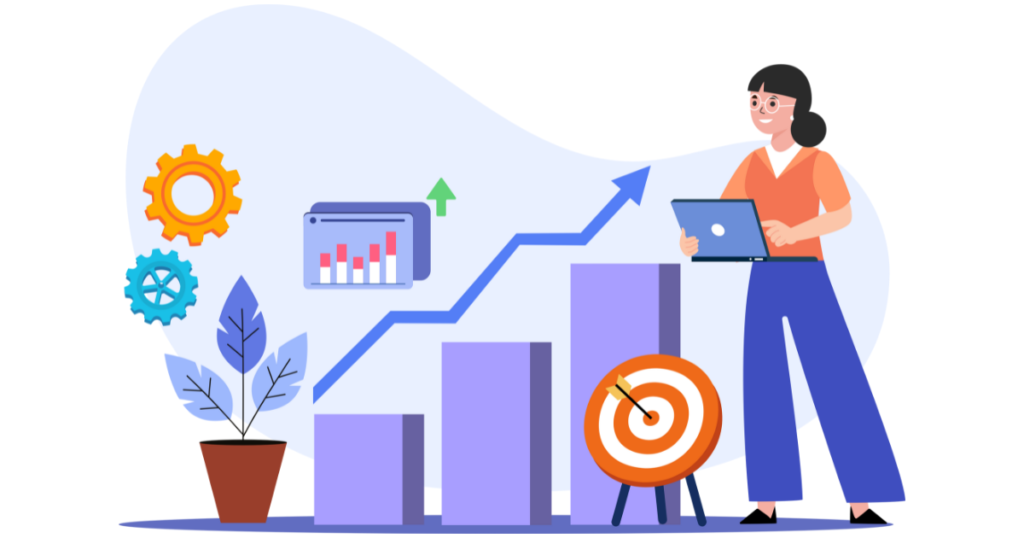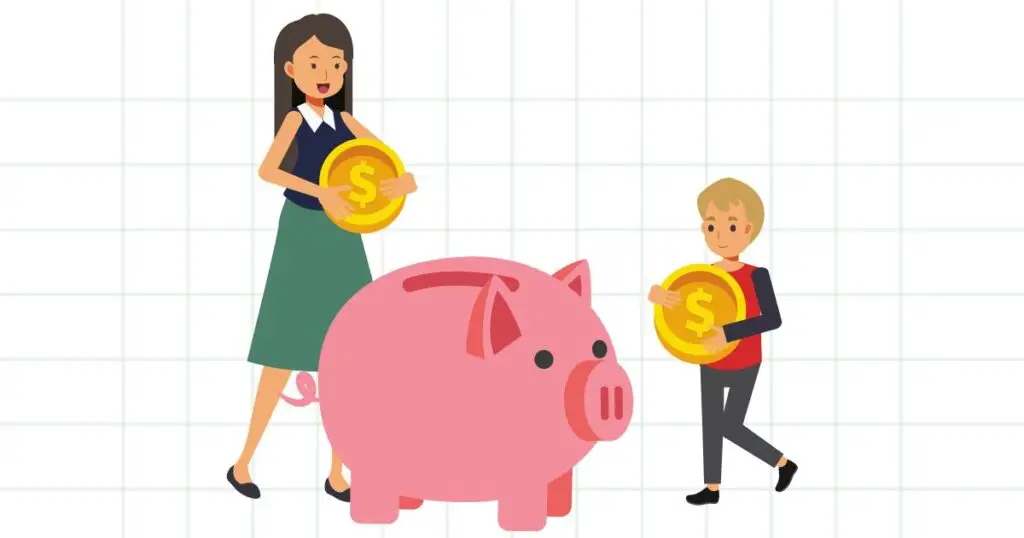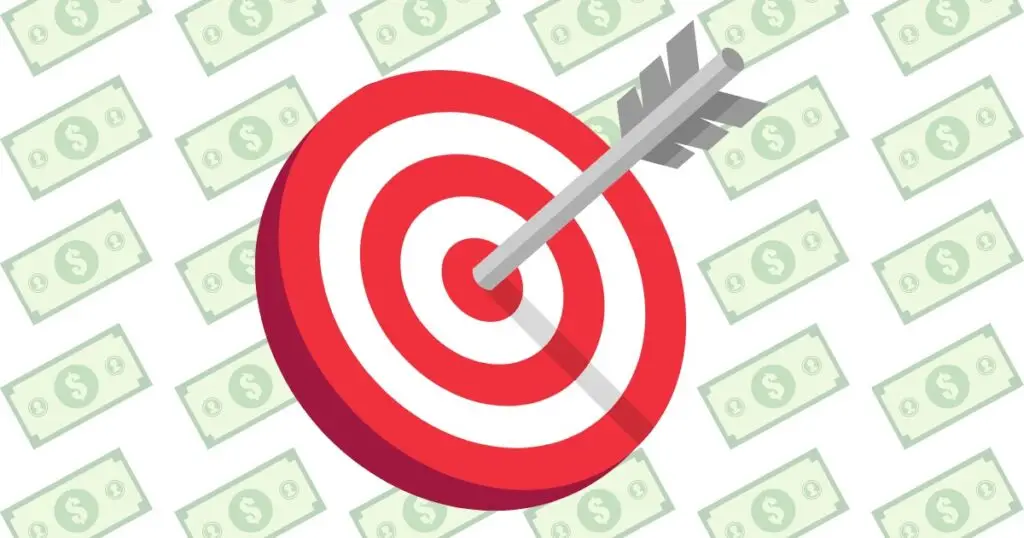
Do you feel like debt is taking control of your life? Have you ever thought about how discipline could be the key to turning things around for good? By mastering the power of discipline, you can take charge of your finances, eliminate debt, and achieve lasting financial freedom. No matter the size of the challenge, there’s a solution within your reach. Ready to change the way you handle money? This could be the first step toward a brighter financial future!
Overcoming debt requires more than just wishful thinking—it’s about combining effective financial planning with consistent behavioral changes. Most importantly, it’s about embracing discipline as a way of life. By building habits that focus on long-term stability, you can take meaningful steps toward regaining control over your finances and paving the way for a debt-free future.
Debt might feel overwhelming, but discipline is the secret weapon you need to conquer it. In this article, we’ll delve into actionable strategies for leveraging discipline to tackle debt, reduce financial stress, and completely transform your approach to money management. Let’s get started!
How to Use Discipline to Get Out of Debt
Debt can feel overwhelming, often leaving you with a sense of despair and the belief that your money will never be enough. However, what many don’t realize is that debt isn’t just about numbers—it’s deeply tied to behaviors and habits. The good news? These habits can be adjusted with something incredibly powerful: discipline. With discipline, you can regain control of your finances and pave the way toward financial freedom.
Let’s debunk a common myth: getting out of debt doesn’t require a massive salary or an unexpected windfall. What truly matters is learning to use what you already have in a strategic way. Discipline is the cornerstone of this process—it’s the ability to stick to a plan even when temptations try to pull you off track. By focusing on disciplined actions, you can turn even small resources into significant progress.
Why is it so hard to break free from debt? Part of the challenge lies in a system designed to encourage excessive consumption. Irresistible promotions, credit cards, and small installments all seem appealing, but without control, they quickly become traps. By embracing discipline and changing your approach to spending, you can shift from financial stress to stability, leaving debt behind for good.
Why Debt is a Common Challenge
Debt is a reality that affects millions of people worldwide, whether it stems from credit cards, student loans, or unexpected medical bills. For many, debt begins with small, manageable amounts—like a minor credit card balance or a short-term loan. However, it can quickly escalate due to high interest rates, late fees, and the compounding nature of debt itself. Without a clear repayment plan, what starts as a small burden can snowball into a significant financial crisis, leaving individuals feeling overwhelmed and trapped.
The challenge with debt is not only financial but also psychological. Many people experience anxiety, guilt, or shame about their situation, which can make it difficult to confront and address the issue. Additionally, societal norms and a culture of consumerism often encourage overspending, making it easy to fall into debt in the first place. Recognizing these underlying factors and taking stock of your financial situation is the crucial first step toward developing a plan to overcome this challenge.
The Role of Discipline in Overcoming Debt
Discipline is the foundation for achieving financial freedom because it involves making consistent choices that prioritize long-term benefits over short-term gratification. When you’re disciplined, you’re more likely to stick to a budget, track your spending, and avoid unnecessary purchases that can derail your progress. This approach not only helps you reduce debt but also fosters better money management habits that can prevent future financial issues.
At its core, discipline requires a mindset shift. It’s about focusing on your ultimate goal—being debt-free—and resisting the temptations that lead to impulsive decisions. Whether it’s skipping an unplanned shopping spree or redirecting extra cash toward debt repayment instead of leisure, every disciplined choice contributes to steady progress. By adopting this mindset, you create a sustainable approach to financial health that goes beyond just paying off debt and sets the stage for long-term stability.
The Importance of Understanding Your Debt
Before tackling your debt, it’s crucial to understand its root cause. Many people avoid confronting the true scope of their financial situation, but facing the reality of your debt is the first and most important step toward resolving it. Start by asking yourself these essential questions:
- How much do I actually owe?
- Who do I owe money to?
- What are the repayment deadlines?
- What is the impact of interest rates on my total debt?
Although addressing these questions may feel uncomfortable, it’s a necessary step for creating an effective repayment plan. Understanding the details of your debt allows you to identify patterns, prioritize payments, and take control of your financial future. By acknowledging where you stand, you lay the groundwork for a more strategic and confident approach to achieving financial freedom.
Steps to Use Discipline to Pay Off Debt
1. Create a Realistic Budget
A budget is the backbone of your debt-repayment strategy. Without it, managing your finances is like sailing without a compass. 🧭 Follow these steps to build a budget that works:
- List all your monthly income sources.
- Identify your fixed expenses (rent, utilities, groceries).
- Track your variable expenses (entertainment, shopping, subscriptions).
- Subtract expenses from income. Is the result positive? Allocate the surplus to paying down debt. If it’s negative, look for ways to cut back.
Practical Example:
If you spend R$300 per month on takeout, reduce it to R$100 and allocate the R$200 saved to your debt payments. These small changes can make a big impact over time.
2. Prioritize Your Debts Strategically
Not all debts are created equal, and prioritizing them is crucial. Follow these criteria to decide where to start:
- High-interest debts: Pay off credit cards and payday loans first, as they accumulate interest the fastest.
- Urgency: Focus on overdue debts or those tied to essential services.
The Snowball Method:
A motivational strategy to tackle debt:
- List debts from smallest to largest.
- Pay off the smallest debt first while maintaining minimum payments on others.
- Once a debt is paid, use that amount to target the next one.
This method not only reduces your debt but also gives you a sense of progress, keeping you motivated.
3. Cut Unnecessary Expenses With Discipline
One of the hardest parts of getting out of debt is resisting unnecessary spending. It’s easy to justify purchases with “I deserve it,” but discipline means saying “no” now so you can say “yes” to bigger goals in the future.
Practical Tips to Reduce Spending:
- Avoid installment payments that create a false sense of financial freedom.
- Make a list before shopping and stick to it.
- Adopt a 48-hour rule for purchases—wait two days before buying anything non-essential. Often, you’ll realize you don’t need it.
4. Renegotiate Your Debts
Don’t be afraid to negotiate with creditors—it can make a significant difference. Most financial institutions prefer renegotiation over losing a customer. Keep these points in mind during discussions:
- Be transparent about your financial situation.
- Prioritize reducing interest rates or extending repayment terms.
- Request consolidation of multiple debts into a single, manageable payment if possible.
Inspiring Quote:
“Renegotiating isn’t a sign of weakness; it’s a smart financial move.”
5. Build Consistent Habits
Discipline is the result of small, consistent actions repeated over time. Try incorporating these habits into your routine:
- Track your expenses in an app or notebook daily.
- Set weekly goals, such as spending under a specific amount.
- Reward yourself for meeting milestones (without creating new debt!).
Example:
Paula, a student, started logging her daily expenses in her phone. Within three months, she realized she was spending R$200 more than expected on small snacks and coffees. Adjusting this allowed her to increase her debt payments by 15%.
6. Adopt a “Pay Yourself First” Mentality
Many people spend first and pay debts later, which only prolongs the issue. Reverse this by prioritizing debt repayment:
- Dedicate a fixed percentage of your income (e.g., 20%) to debts and savings before covering other expenses.
- Automate payments to eliminate the temptation to spend the money elsewhere.
7. Increase Your Income With Side Hustles
If cutting expenses isn’t enough, consider finding additional income sources. A side hustle can help you pay off debts faster and provide extra breathing room in your budget.
Ideas for Earning Extra Income:
- Sell unused items online.
- Offer freelance services based on your skills (e.g., tutoring, graphic design, consulting).
- Take on temporary gigs or remote part-time jobs.
Practical Example:
João, a marketer, started working as a freelance writer during evenings. Within six months, he earned an extra R$2,000 per month, which allowed him to pay off a R$10,000 debt.
8. Invest in Financial Education
A lack of financial literacy often leads to debt. Take the time to educate yourself about managing money effectively:
- Learn about compound interest and how it works.
- Explore strategies for saving and investing.
- Study long-term financial planning techniques.
Recommended Resources:
Books like “The Secrets of the Millionaire Mind” or finance-focused YouTube channels offer valuable insights.
9. Create an Emergency Fund
Getting out of debt is a huge achievement, but avoiding it in the future requires preparation. Build a safety net to handle unexpected expenses without resorting to credit cards:
- Start small, aiming for R$1,000 to cover immediate emergencies.
- Gradually build this fund until it covers 3–6 months of living expenses.
Pro Tip:
Once your debts are paid, redirect the money you used for debt payments into your emergency fund.
10. Define Your “Why”
Discipline is easier to maintain when you have a clear purpose. Ask yourself:
- What will I achieve when I’m debt-free?
- How will my life change?
Example:
Imagine being able to travel without worrying about your bank balance or invest in your children’s future. Having this vision will inspire you to push through challenges.
11. Track Progress and Celebrate Wins
Stay motivated by monitoring your progress. Use a spreadsheet or visual tracker to see how much debt you’ve paid off and how close you are to your goal.
Practical Tip:
Break your goals into smaller steps and celebrate milestones, like paying off one debt entirely. Small wins help maintain focus and enthusiasm.
Practical Tips to Stay Disciplined
1. Automate Payments
Set up automatic transfers for debt payments to ensure consistency and eliminate the risk of forgetting deadlines. This strategy helps you stay on track without the need for constant reminders. Automation also removes the temptation to allocate funds elsewhere, ensuring your priorities are met first. Many banks and financial apps allow you to schedule recurring payments easily. By doing this, you can focus on other aspects of your financial plan while knowing your debts are being addressed.
2. Delay Gratification
Implement techniques like the 24-hour rule for non-essential purchases, where you wait a full day before deciding to buy something. This pause allows you to evaluate whether the purchase aligns with your goals or is simply a momentary desire. Often, you’ll realize the item isn’t as important as it initially seemed. This approach not only curbs impulsive spending but also reinforces a habit of thoughtful decision-making. Over time, it helps you prioritize long-term goals over fleeting pleasures.
3. Find an Accountability Partner
Share your financial goals with a trusted friend, family member, or mentor who can provide support and encouragement. Having someone check in with you regularly can help you stay committed to your debt repayment plan. This person can also offer advice or simply remind you of your progress when challenges arise. Consider choosing someone who has successfully managed their own finances as they can serve as a role model. Accountability creates an added layer of motivation to stay disciplined.
4. Celebrate Small Wins
Acknowledge every milestone, such as paying off a specific debt or meeting a savings goal, as a significant achievement. Celebrating these victories reinforces the positive behaviors that got you there and boosts your confidence to keep going. Rewards don’t have to be extravagant; they can be as simple as treating yourself to a small indulgence or spending quality time doing something you love. These celebrations create a sense of accomplishment and make the journey to financial freedom more enjoyable.
Conclusion: Discipline is Key to Overcoming Debt
By combining effective strategies with unwavering discipline, you can take control of your finances, conquer debt, and pave the way for a brighter financial future. It all begins with taking that crucial first step: assess your current financial situation, identify your debts, and set clear, realistic goals. From there, create a detailed budget that aligns with your priorities and commit to following it consistently. Even small actions, like reducing unnecessary expenses or automating payments, can lead to significant progress over time. With patience and persistence, you’ll transform your financial habits and build a future free from the burden of debt.
Reading We Recommend: If you’re looking for something more specific on how to deal with debt, I also recommend “The Richest Man in Babylon” by George S. Clason, which teaches timeless principles of financial management and how to apply them to everyday life. Both are inspiring and practical reads!
Frequently Asked Questions
1. What is the best way to pay off debt quickly?
The best approach depends on your circumstances. The Snowball Method builds motivation by clearing smaller debts first, while the Avalanche Method minimizes total interest paid by targeting high-interest debts.
2. How can I stay disciplined with my spending?
Stick to a budget, track your expenses, and use strategies like the 24-hour rule to avoid impulsive purchases. Automating payments can also help maintain consistency.
3. Should I prioritize saving or paying off debt?
Start by building a small emergency fund (e.g., $1,000). After that, focus on aggressively paying off high-interest debts before prioritizing larger savings goals.
4. Can I still enjoy life while paying off debt?
Yes! Look for free or low-cost activities to replace expensive habits. Budgeting allows room for small indulgences without derailing your financial plan.
5. How long does it take to become debt-free?
The timeline varies based on factors like total debt, repayment strategy, and income. Consistent discipline can significantly shorten the repayment period.
Thank You for Reading!
We hope this guide inspires you to take control of your finances. If you found this helpful, explore our other articles on money management and personal finance strategies for even more insights. Let’s keep working toward financial freedom together!
We invite you to explore our other articles on education and career clicking here!


